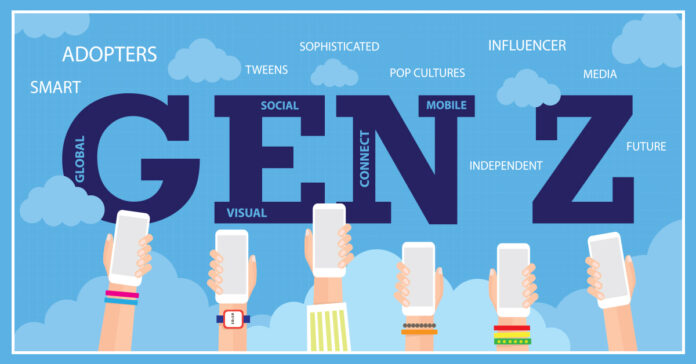Gen Z is the largest and most diverse generation in history. They’re also the first generation to grow up with social media and the internet. This means that they’re used to consuming content in a very different way than previous generations. If you want to market content to Gen Z, or for Gen Z content marketing you need to play by their rules.
What is Gen Z?
Gen Z is defined as people who were born between 1997 and 2012. They’re currently between the ages of 11 and 26. Gen Z is known for being socially conscious, tech-savvy, and entrepreneurial. They’re also known for having short attention spans and being skeptical of traditional advertising.
Gen Z’s unique values and beliefs
Gen Z values authenticity, social responsibility, and diversity. They want to support brands that share their values and that are making a positive impact on the world. They’re also interested in learning and growing, and they appreciate content that is educational and informative.
How Gen Z consumes content
Gen Z consumes content in a variety of ways, but they prefer short-form video content. They’re also big users of social media platforms like TikTok, Instagram, and Snapchat. Gen Z is also more likely to trust content that is created by other Gen Zers, such as influencers.
The importance of authenticity and social responsibility
When marketing content to Gen Z, it’s important to be authentic and transparent about your brand values. Gen Z can spot inauthenticity from a mile away, and they’re not interested in supporting brands that they don’t trust. It’s also important to be socially responsible and to support Gen Z causes and initiatives.
Creating engaging content for Gen Z
When creating content for Gen Z, it’s important to keep their unique values and interests in mind. Focus on creating content that is authentic, socially responsible, educational, and entertaining. Use short-form videos and partner with Gen Z influencers to reach your target audience.
Promoting your content to Gen Z
Use social media platforms that Gen Z is active on, such as TikTok, Instagram, and Snapchat. Run targeted ads on social media and partner with Gen Z influencers to promote your content. Create shareable content that Gen Z consumers can easily share with their friends and followers.
Case studies
Generation Z (Gen Z) is the demographic cohort succeeding Millennials and preceding Generation Alpha. Researchers and popular media use the mid-to-late 1990s as the starting birth years and the early 2010s as the ending birth years. Gen Z is the most diverse generation yet, and they are also the first generation to grow up with the internet and social media.
Gen Z is a unique and important generation, and marketers need to understand their unique values and preferences in order to reach them effectively. Here are a few tips for marketing content to Gen Z:
Be authentic and transparent. Gen Z can spot inauthenticity from a mile away, so it’s important to be genuine and honest about your brand.
Be socially responsible. Gen Z cares about social and environmental issues, so support causes that your target audience cares about.
Create engaging content. Gen Z has short attention spans, so your content needs to be visually appealing and easy to consume.
Use social media. Gen Z is active on social media, so use these platforms to reach them where they are.
Partner with influencers. Gen Z trusts other Gen Zers, so partnering with influencers is a great way to reach your target audience and build trust.
Here are some examples of brands that are marketing content to Gen Z successfully:
Glossier is a beauty brand that is popular with Gen Z because of its authentic and transparent brand messaging. Glossier also uses social media effectively to reach its target audience.

Ben & Jerry’s is an ice cream brand that is known for its social and environmental activism. Ben & Jerry’s uses its content marketing to promote its values and support Gen Z causes.

Conclusion:
Generation Z is the most diverse and digitally savvy generation yet. To reach them effectively, marketers need to understand their unique values and preferences. Gen Z cares about authenticity, social responsibility, and engaging content. They are also active on social media, so marketers should use these platforms to connect with them. Partnering with Gen Z influencers is another great way to build trust and reach a wider audience.



